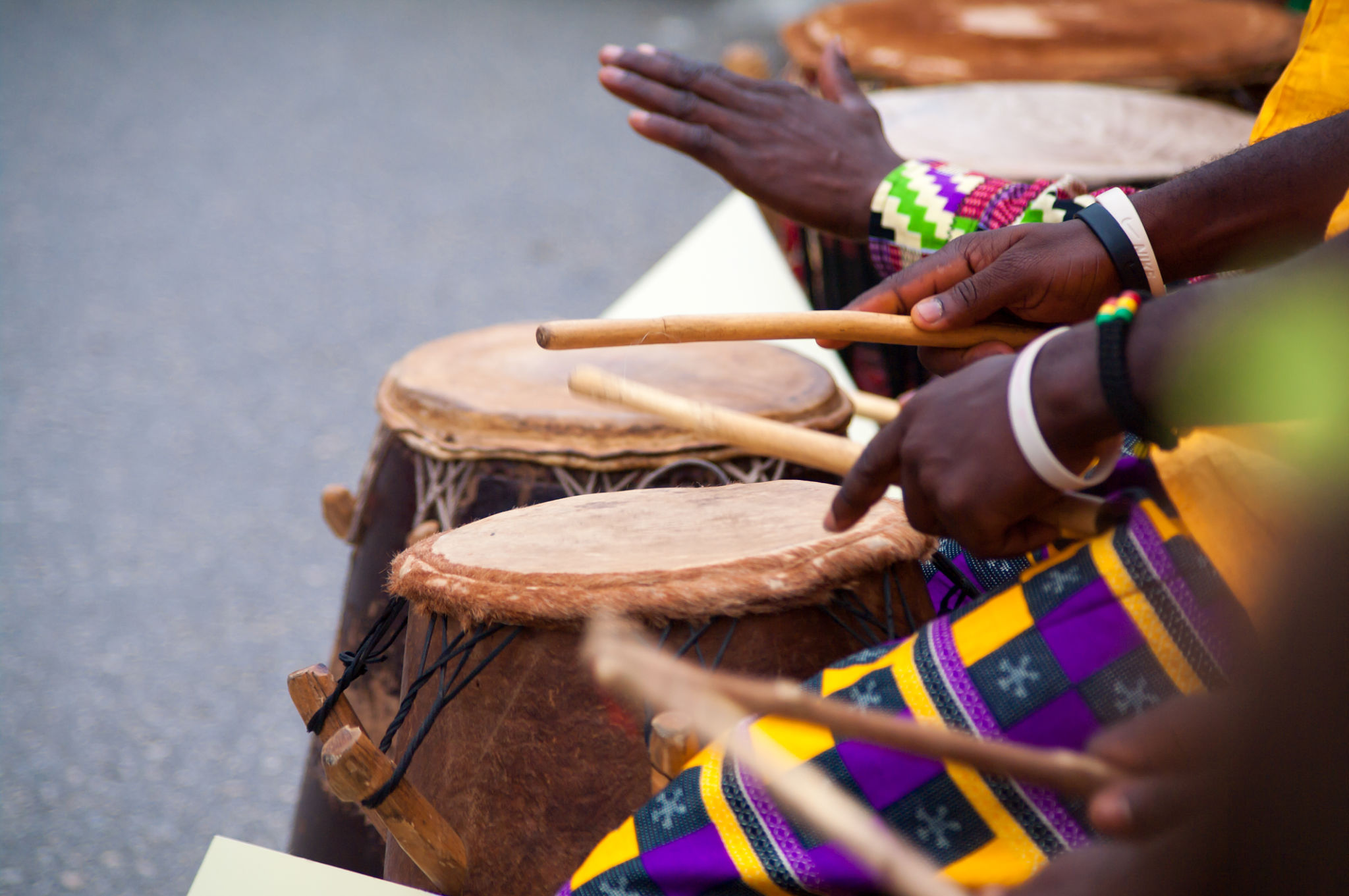Choosing the Right African Drum for Beginners: A Comprehensive Guide
Learning to play an African drum can be a fulfilling and enriching experience, immersing you in a tradition that is both ancient and vibrant. With a wide array of drums to choose from, selecting the right one can seem daunting, especially for beginners. This guide will help you navigate the choices and find the perfect drum to start your musical journey.
Understanding African Drums
African drums come in various shapes and sizes, each with its unique sound and cultural significance. Broadly speaking, the most popular types include the Djembe, Bougarabou, and Talking Drum. Each drum has its characteristics, making it important to understand these differences before making a purchase.
The Djembe is perhaps the most well-known African drum. It is versatile and relatively easy to play, making it a popular choice for beginners. The Djembe produces a wide range of tones, which can be adjusted based on how it's played. On the other hand, the Bougarabou offers a deeper, richer sound and is often played in sets of two or more for rhythmic complexity.

Factors to Consider When Choosing a Drum
Size and Portability
When starting out, consider the size of the drum. A full-sized Djembe might be cumbersome for a young student or someone with limited space. For beginners, a mid-sized drum is often ideal as it strikes a balance between sound quality and portability.
Material and Craftsmanship
The material of the drum significantly affects its sound quality and durability. Traditional African drums are often made from hardwood and animal skins, providing authentic sound and resonance. However, synthetic materials offer durability and weather resistance, which might be more suitable for beginners who plan to play in various environments.

Budget Considerations
Another crucial factor in choosing your first African drum is budget. Drums can range from affordable to quite expensive based on their craftsmanship and materials. Beginners should seek a balance between quality and cost, ensuring they get a reliable instrument without overspending.
It's wise to start with a moderately priced drum that offers good sound quality and durability. This allows you to develop your skills before potentially investing in a more expensive instrument later on as your proficiency grows.

Where to Buy Your Drum
When it comes to purchasing your first African drum, there are several options available. Local music stores may have a selection of drums that you can try before buying. Additionally, online retailers provide a broader range of choices, often with customer reviews that can guide your decision.
For an authentic experience, consider purchasing from a store specializing in African instruments or directly from artisans who craft these drums by hand. This not only supports traditional craftsmanship but also ensures you receive a high-quality instrument.
Conclusion: Starting Your Drumming Journey
Choosing the right African drum as a beginner involves considering various factors such as type, size, material, budget, and where to buy. By understanding these elements and how they affect your drumming experience, you can make an informed decision that sets the stage for your musical exploration.
Ultimately, the best drum for you is one that feels comfortable and inspires you to play. With this guide in hand, you're well-equipped to embark on an exciting journey into the world of African drumming.
